The EU approves Nokia/Microsoft deal without restriction
5 min. read
Published on
Read our disclosure page to find out how can you help MSPoweruser sustain the editorial team Read more
In a press release, as expected, the EU has given its unconditional approval to the $7.2 billion deal for Microsoft to purchase Nokia’s handset division.
They write:
Mergers: Commission clears acquisition of Nokia’s mobile device business by Microsoft
The European Commission has cleared under the EU Merger Regulation the proposed acquisition of most of Nokia Corporation’s devices & services business (the “D&S business”) by Microsoft Corporation. The D&S business mainly produces and sells smartphones and feature phones. The Commission concluded that the transaction would not raise any competition concerns, in particular because there are only modest overlaps between the parties’ activities and the links between Microsoft’s mobile operating systems, mobile applications and enterprise mail server software with Nokia’s smart mobile devices are unlikely to lead to competitors being shut out from the market.
In 2012, almost 700 million smartphones and 162 million tablets were sold worldwide. The Commission assessed the effects of the acquisition on competition in the field of smart mobile devices (including smartphones and tablets). The Commission found that the overlap of the two companies’ activities in this area is minimal and several strong rivals, such as Samsung and Apple will continue to compete with the merged entity.
The Commission also investigated a number the vertical relationships between the merged entity’s activities in the downstream market for smart mobile devices and Microsoft’s upstream activities in mobile operating systems (OS), mobile applications (apps) and enterprise mail server software and related communication protocols. The Commission concluded that:
1) Microsoft is unlikely to restrict the supply of its Windows OSs for smart mobile devices to third party device manufacturers after the transaction. Indeed, Microsoft’s share in the mobile OS market is limited. Moreover, to better compete with the leading Android and Apple OS platforms, Microsoft likely needs to continue relying on third party device suppliers to broaden consumer adoption and attract mobile app developers.
2) Microsoft is unlikely to restrict the supply of its mobile apps, such as its Office suite apps and its communication app Skype, to competing providers of smart mobile devices. Since Office apps are currently not available on tablets running third party OSs, a potential supply restriction would be limited to other tablet suppliers using Microsoft’s Windows OSs. However, this strategy would hamper Microsoft’s interest to attract more app developers and ultimately users to its OSs for smart mobile devices. For smartphones, the share of Office apps is minimal and there are many popular competing apps. Similarly, with regard to Skype, other popular apps continue to be available. Moreover, given the low market share of Windows in mobile OSs, limiting interoperability with third-party mobile OSs would ultimately weaken Skype’s competitive offering.
3) Microsoft would not have the ability to restrict the interoperability of competing smart mobile devices with Exchange Server, Microsoft’s enterprise mail server software, because of the contractual terms of their current licenses to Microsoft patents covering the communication protocol that manages synchronisation of email, calendar and contacts between smart mobile devices and Microsoft Exchange. Moreover, given the limited portion of the market which could be foreclosed and the merged entity’s very small market position in the smart mobile device market, such a conduct would in any event not produce anti-competitive effects.
The Commission considers that any possible competition concerns, which might arise from the conduct of Nokia, following the transaction, in the licensing of the patent portfolio for smart mobile devices which it has retained falls outside the scope of the EU Merger Regulation. The Commission cannot take account of such concerns in the assessment of the current transaction. Indeed, Nokia is the seller whereas the Commission’s investigation relates to the merged entity. However, the Commission will remain vigilant and closely monitor Nokia’s post-merger licensing practices under EU antitrust rules, in particular Article 102 of the Treaty on the Functioning of the European Union (TFEU) that prohibits the abuse of a dominant market position.
The Commission considered that all the relevant markets affected by the transaction are at least EEA-wide, if not worldwide, in scope.
Companies and products
Microsoft is primarily active in the design, development and supply of computer software, notably OSs and PC based productivity software, as well as hardware devices including gaming consoles, portable digital music players and, most recently, tablets.
The D&S Business includes the mobile phones and smart devices business units of Nokia as well as a design team, operations including the Nokia Devices & Services production facilities, related sales and marketing activities and support functions, as well as design rights that read on the devices being produced by the D&S Business.
Merger control rules and procedures
The Commission has the duty to assess mergers and acquisitions involving companies with a turnover above certain thresholds (see Article 1 of the Merger Regulation) and to prevent concentrations that would significantly impede effective competition in the EEA or any substantial part of it.
The vast majority of notified mergers do not pose competition problems and are cleared after a routine review. From the moment a transaction is notified, the Commission generally has a total of 25 working days to decide whether to grant approval (Phase I) or to start an in-depth investigation (Phase II).
More information will be available on the competition website, in the Commission’s public case register under the case number M.7047.
Follow these topics: EU
Via ZDNET.com

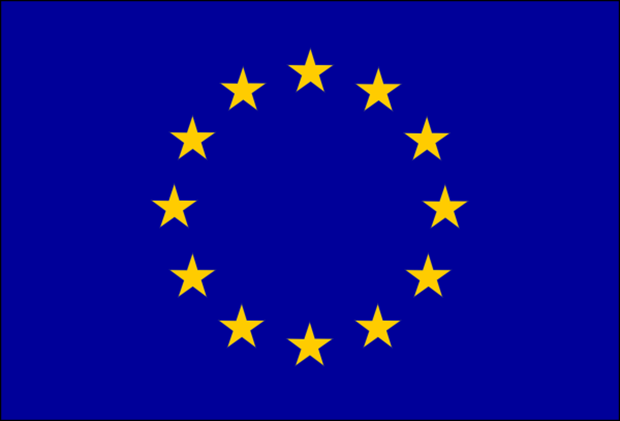


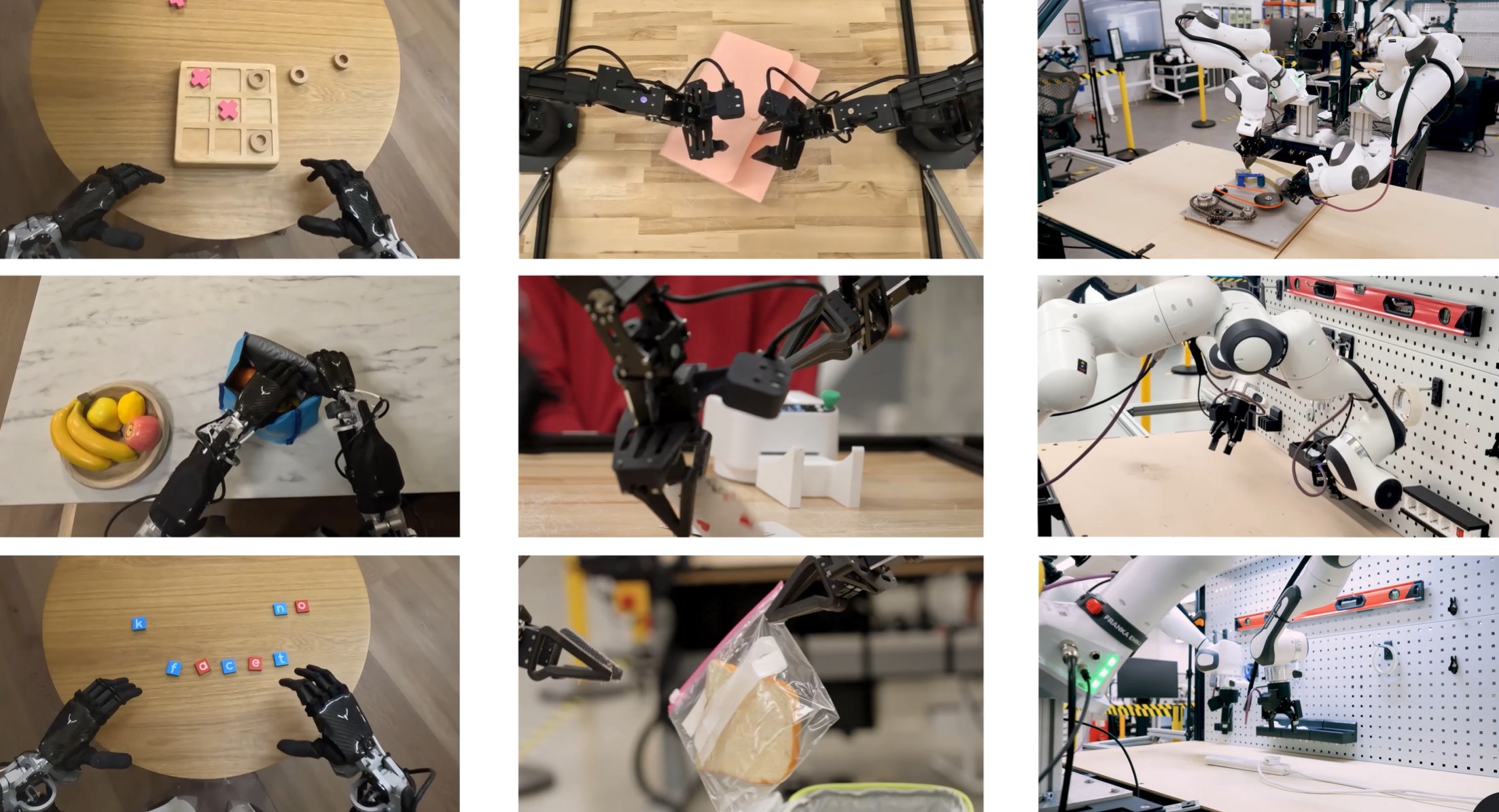
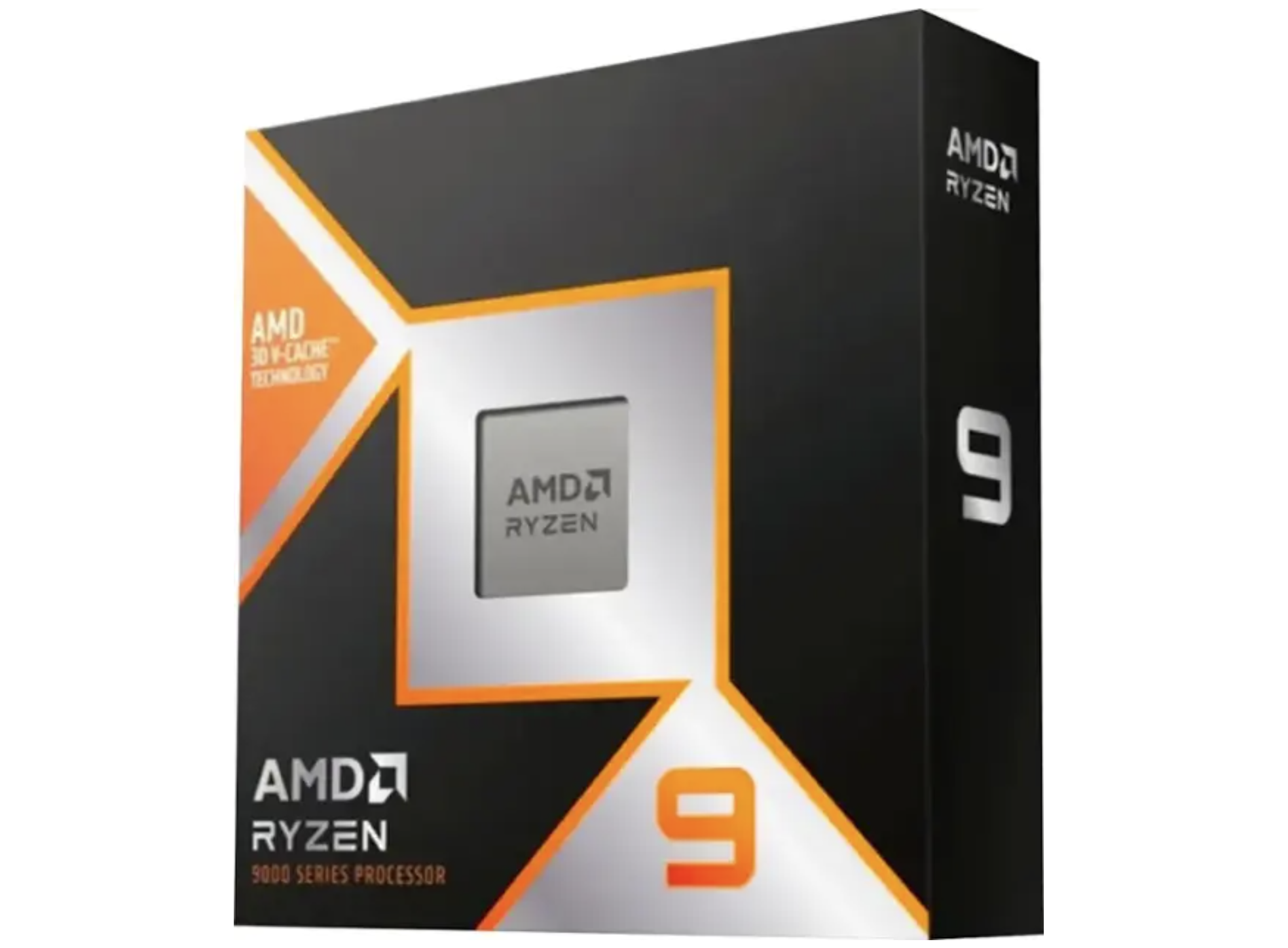
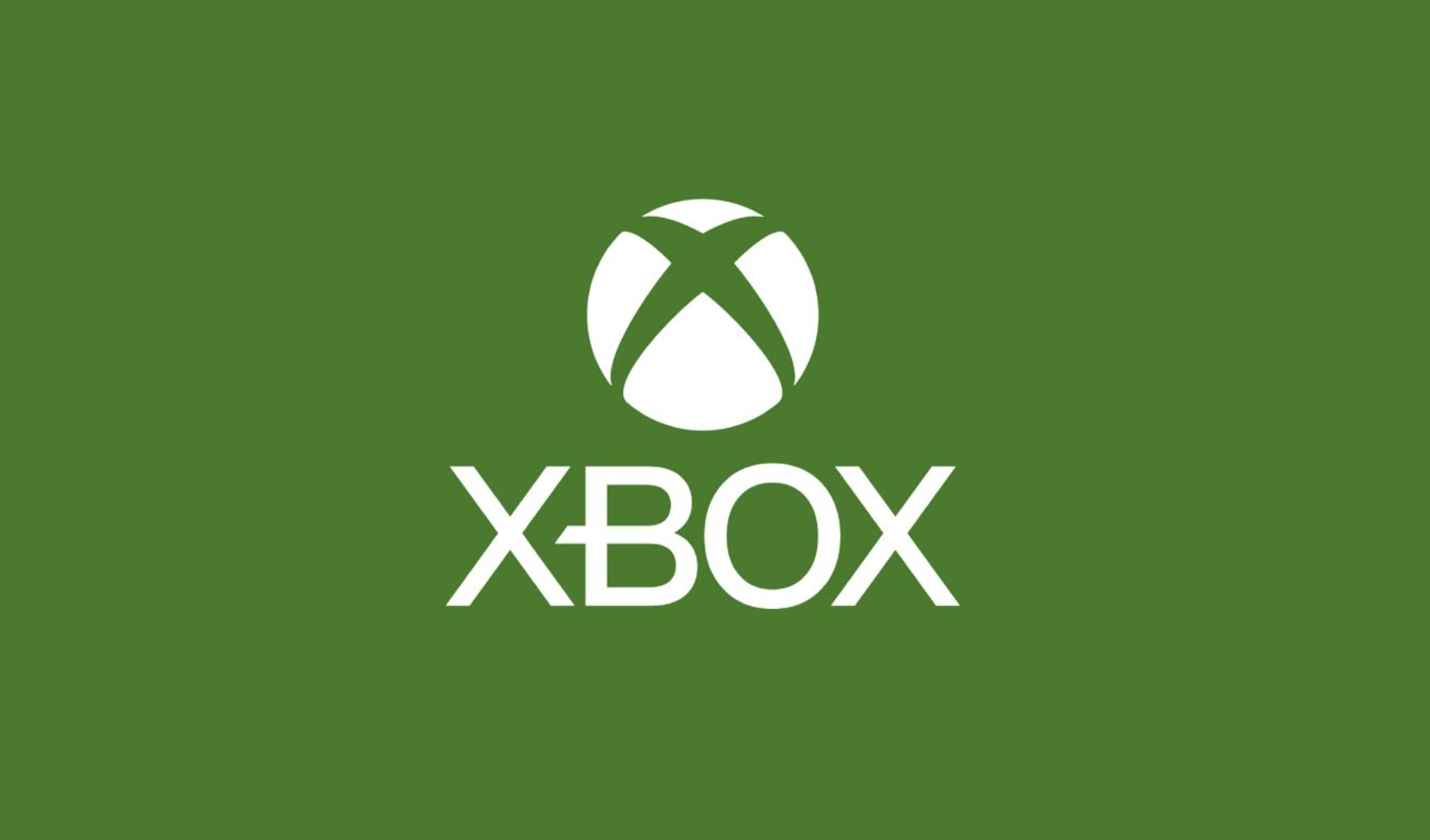

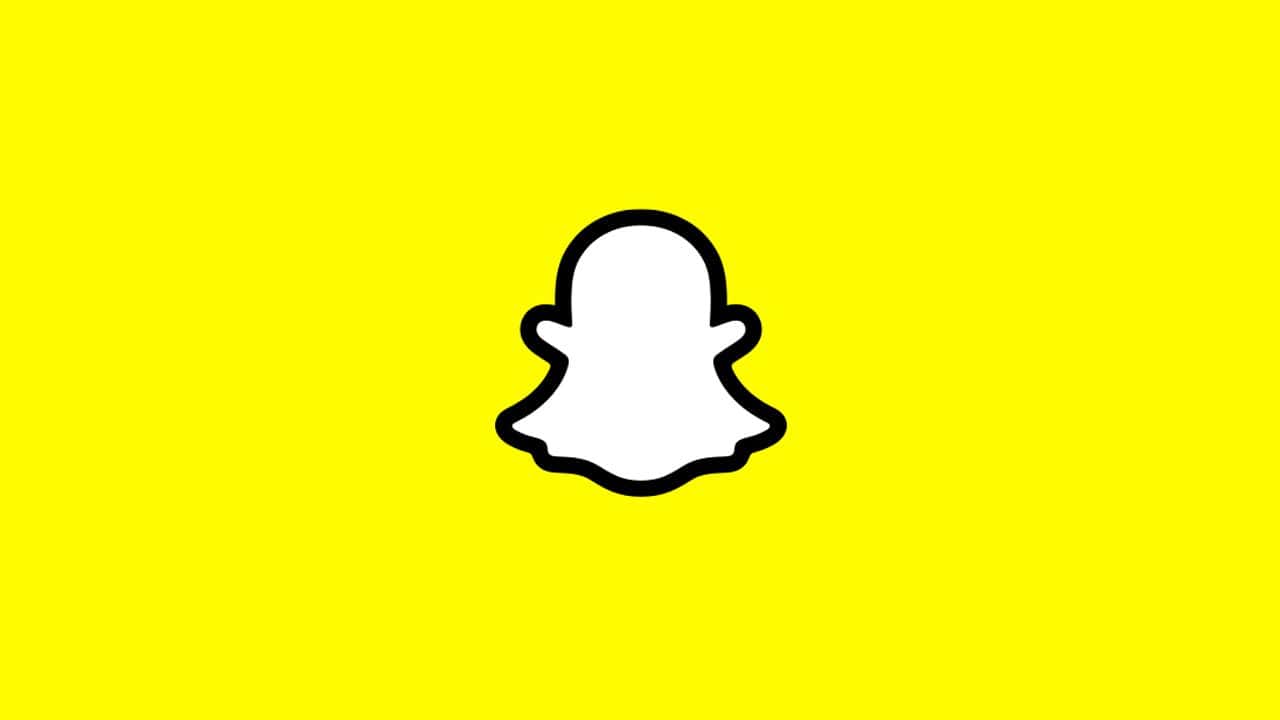

User forum
0 messages